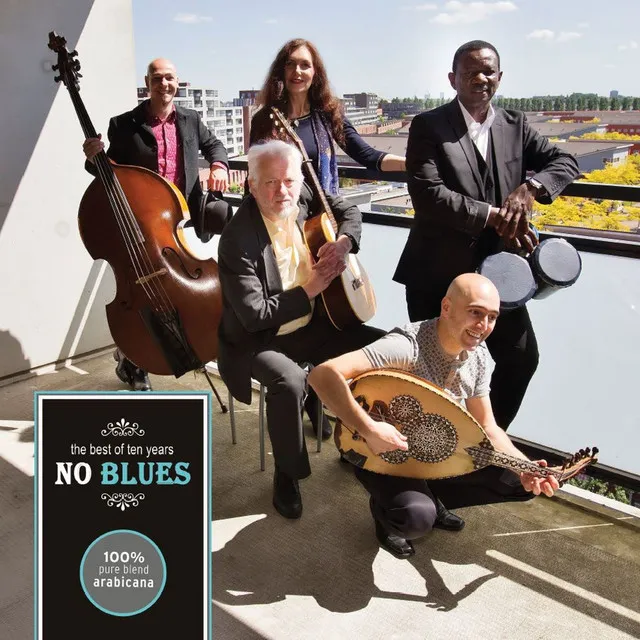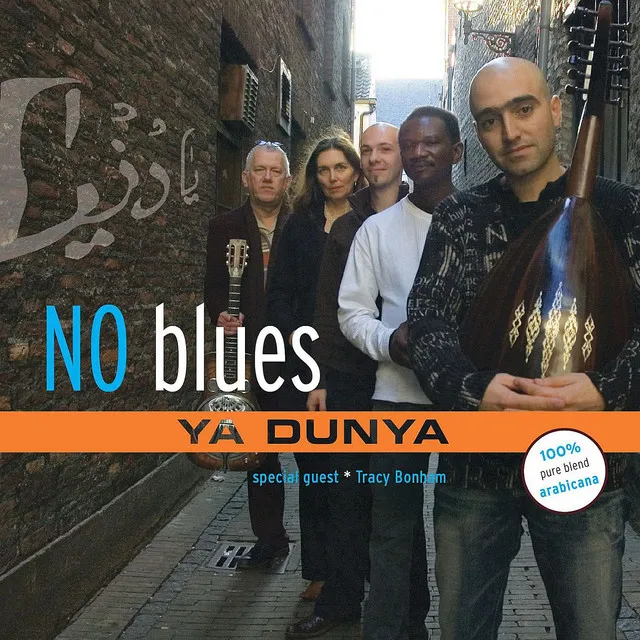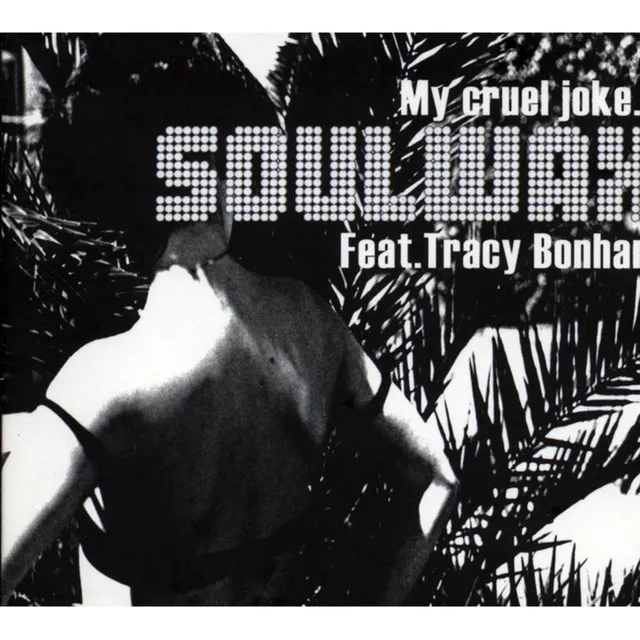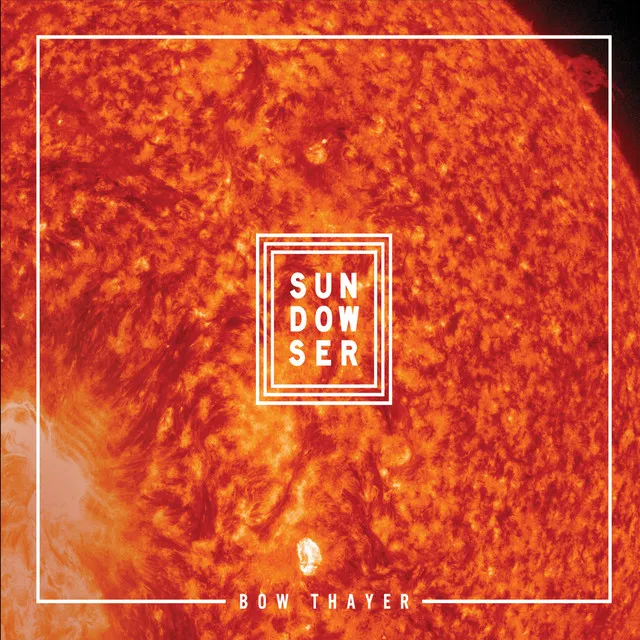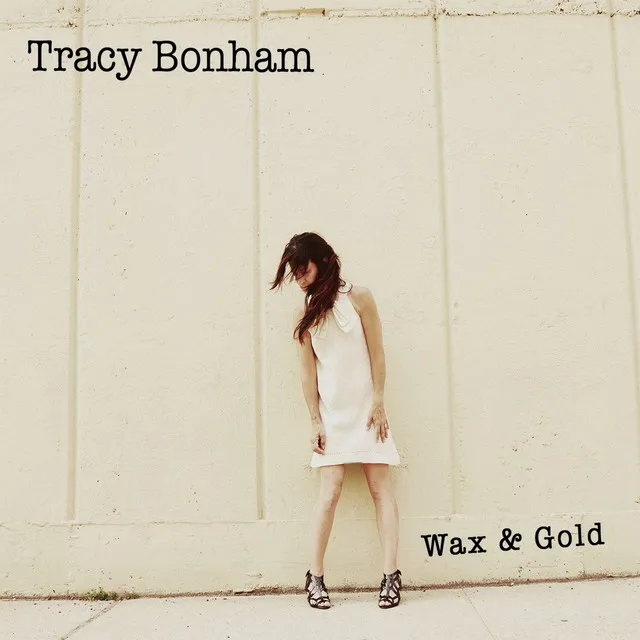Like Alanis Morissette and Liz Phair, Tracy Bonham made her name during the alternative boom of the mid-'90s. Unlike those two songwriters, she did so by merging post-grunge with elements of classical music, drawing upon her violin skills in the process. The combination helped push her 1996 debut, The Burdens of Being Upright, to gold sales, and Bonham closed out the year with two Grammy nominations. Although her later albums didn’t fare quite so well, Bonham continued expanding her sound into a hybrid of folk, rock, and ornate pop, replacing the record sales of years past with critical approval.
Bonham began playing the violin at age nine, while growing up alongside her eight siblings in Eugene, Oregon. Although she received a scholarship to study classical violin at the University of Southern California, she dropped out after several semesters and moved east to attend the Berklee College of Music, where she took classes in jazz and vocal music. Her tastes shifted to rock music during the early ‘90s. While recording jingles in order to pay her rent, Bonham began playing shows in the Boston area to showcase her emerging style, which combined her classical training with a growing appreciation for bands like the Pixies and PJ Harvey.
Bonham’s first EP, The Liverpool Sessions, was released in 1995 by the Boston-based label CherryDisc. "The One" and "Dandelion" both enjoyed local airplay, and Bonham took home three prizes from the Boston Music Awards later that year, including Best New Artist and Best Female Vocalist. After signing with Island Records, she courted a much larger audience in 1996 with the release of her full-length debut, The Burdens of Being Upright. An autobiographical album that emphasized her rock influences, it spawned a chart-topping single with "Mother Mother" and eventually sold more than 500,000 copies. Bonham also received several Grammy nominations. Despite her sudden success, she didn’t release the sophomore album Down Here until early 2000, a year dominated by teenage pop stars, rap acts, and R&B artists. The album sold poorly despite receiving several warm reviews, and Island -- which, due to a recent acquisition by UMG, was in the middle of its own set of problems -- dropped her from its roster in December 2001.
Now a free agent, Bonham issued The Bee EP on her own dime while touring alongside the Blue Man Group, who had recruited her to sing on their 2003 album The Complex. She also moved to L.A., where she used the money generated by The Bee EP's sales to begin work on another full-length album. The result was Blink the Brightest, released in 2005 by the Rounder imprint Zoë Records. Another self-financed recording, In the City + In the Woods, quickly followed, and Bonham decamped to Woodstock, New York, to work on a self-produced fourth album in 2007. Recording sessions wrapped up in late 2009, and Masts of Manhatta (Engine Room Recordings) appeared the following summer. Wax & Gold, her fifth effort, was released in 2015.
For the 20th anniversary of her landmark debut, Bonham reimagined that record with stripped-down versions of the originals. Produced by John Wlaysewski, Modern Burdens arrived in late 2017 and featured guest appearances by Tanya Donelly, Rachel Yamagata, Kathryn Calder, Kay Hanley, Angie Hart, Nicole Atkins, and Sadie Dupuis. ~ Andrew Leahey, Rovi

